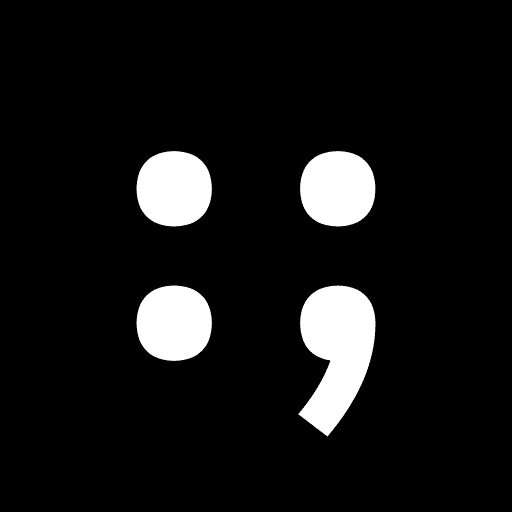Updated my search engine article to add information on Ghostery Private Search’s reliance on Brave Search. In my tests, all Ghostery results seem to come straight from Brave. Excerpt from my article (linked):
Ghostery’s own documentation at the time of writing is extremely misleading, using clever language that seems to heavily imply the use of an independent index and crawler while not saying so outright: Ghostery says it “gets you objective results from a unique search index” and that it will “crawl it’s [sic] search index.” Privacy claims require trust, and word games do little to build it.

A look at search engines with their own indexes
A cursory review of all the non-metasearch, indexing search engines I have been able to find.Seirdy’s Home
Seirdy
in reply to Seirdy • • •This is even more misleading than DDG saying it has “over 400 sources” (one source for organic link results, at least 399 for infoboxes) and its CEO claiming that it downranked Russian propaganda (Bing downranked it, and DDG doesn’t have permission to modify Bing results. DDG just took credit for it).
Oh, and there’s no such thing as an “unbiased” engine. If an engine tells you it’s unbiased, it’s straight-up lying.
The closest thing to an “unbiased” search engine is one with no result quality standards that ranks results randomly. Full of spam without any criteria, let alone bias, for “better” results. If you thought Google results were full of slop and SEO bait, you haven’t seen anything yet.
Hell, even that hypothetical “unbiased” engine would have emergent bias towards whoever has the most pages. Own your bias, both intentional and emergent.
Seirdy
in reply to Seirdy • • •Brad Enslen
in reply to Seirdy • • •Seirdy
in reply to Brad Enslen • • •jan Anja();
in reply to Seirdy • • •Seirdy
in reply to jan Anja(); • • •Brad Enslen
in reply to Seirdy • • •They are all trying to run a "search service" on the cheap. They don't want to do the hard work of building their own index. Some claim they are but it's not a serious spidering.
Anyway, you know far more about this than I do. And it all seems like a dark pattern in the end.
Seirdy
in reply to Brad Enslen • • •@bradenslen They don’t have to build their own index if they can’t afford to (it costs tons of money, talent, and not-very-public knowledge on how to deal with spam and whatnot). They can just be honest and say where their results come from and what they offer that their sources/competitors don’t.
I honestly like DDG’s predictable infoboxes more than Bing/Google ones; if they leaned into that they could have a lot more users.
not_leader
in reply to Seirdy • • •Seirdy
in reply to not_leader • • •not_leader
in reply to Seirdy • • •Seirdy
in reply to not_leader • • •